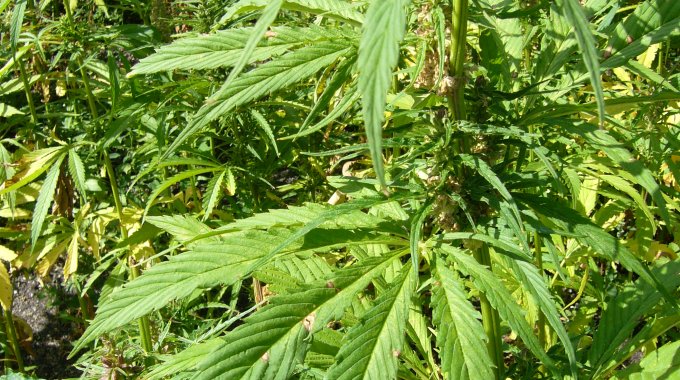Growing industrial hemp will be made legal in six of Thailand’s northern provinces over the next year as part of the nation’s drug reform agenda.
According to the Bangkok Post, the Office of the Narcotics Control Board’s (ONCB’s) Secretary-General, Sirinya Sitdhichai, said farmers in 15 districts in Chiang Mai, Chiang Rai, Nan, Tak, Phetchabun and Mae Hong Son will be able to cultivate the plant.
As in many other countries relaxing hemp laws, species grown must contain less than 1 per cent of the psychoactive cannabinoid tetrahydrocannabinol (THC), rendering them unsuitable for recreational use.
The Thailand Tobacco Monopoly will buy the hemp harvest from growers.
Secretary-General Sitdhichai said marijuana laws will also be relaxed so it can be studied for medical purposes.
Approval from the cabinet was foreshadowed in August, when Mr. Sitdhichai said the Thai government recognised hemp (known as ganjong in Thailand) could be an important commercial crop.
Like many Asian countries, Thailand’s association with cannabis has been a long one and was only interrupted well into the 20th century. As has been so often the case, hemp was collateral damage in tackling issues relating to marijuana.
According to the Thailand Law Forum, originally cannabis was used in Thailand for the production of textiles and rope, and as a spice in the popular dish, boat noodle soup (kway teeow rua). Traditional Thai medicine has also long recognised the therapeutic properties of some cannabis strains.
There were no restrictions on cannabis (marijuana and hemp) in Thailand until after the country, then known as Siam, became a signatory to the League of Nations International Opium Convention of 1912.
While being a signatory provided Thailand access to much-needed international grants, loans and other benefits, signing of the Convention would in future years help seal the fate of industrial hemp.
A USA-sponsored 1928 amendment to the original Convention meant export of Indian hemp to countries that had bans in place had to cease. Then in 1937, Thailand’s second prime minister, criminalized cannabis in the country.
After 80 years of what were increasingly strict laws that unfairly affected hemp through its association with marijuana, the tide is finally turning and Thai farmers – in the north anyway – will have another valuable cash crop. Industrial hemp will grow very, very well in those districts and will require fewer inputs than other crops such as tobacco.


